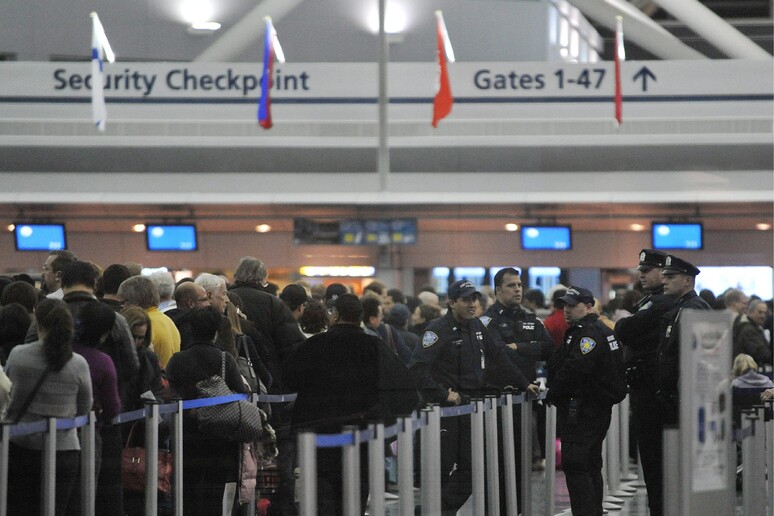With the tightening of immigration policies in the United States, travelers arriving from abroad will face a series of increasingly thorough checks by local authorities.
Under Trump’s recent executive order on “enhanced vetting” tourists are reminded that border agents may even inspect cell phones and laptops.
Some foreign visitors have been denied entry into the country or detained because of their digital content. The new checks include reviewing text messages, social media activity, photos, emails, and even browser history.
In March, a French scientist, whose name has been kept anonymous, was denied entry to the country after airport immigration officers searched his phone and found messages critical of the Trump administration. Last month, Turkish-American streamer Hasan Piker said he was detained and questioned for two hours by Customs and Border Protection agents at Chicago’s O’Hare Airport after returning from France.
As stated by experts, many of the people stopped at the border for “national security reasons” had spoken on social media about the Trump administration and the war in Gaza. Experts even advise travelers to leave their technological devices at home and have them sent later by family or friends.
The Fourth Amendment to the US Constitution protects people from random and arbitrary stops and searches. However, according to the American Civil Liberties Union (ACLU), the federal government claims the power to carry out certain types of stops without a warrant within 100 miles of the US border.
Due to the increase in reports of travelers being questioned, turned away, or detained at US airports, many people are now thinking much more carefully about whether or not to travel to the US.
This could have enormous repercussions for tourism and the US economy. According to many industry insiders, as long as Trump leads the country, millions of travelers will choose other destinations for their vacations in order to avoid such restrictive controls.
According to a recent study by the World Travel and Tourism Council, the United States will lose approximately $12.5 billion in international travel revenue this year, largely due to concerns about increased security.












